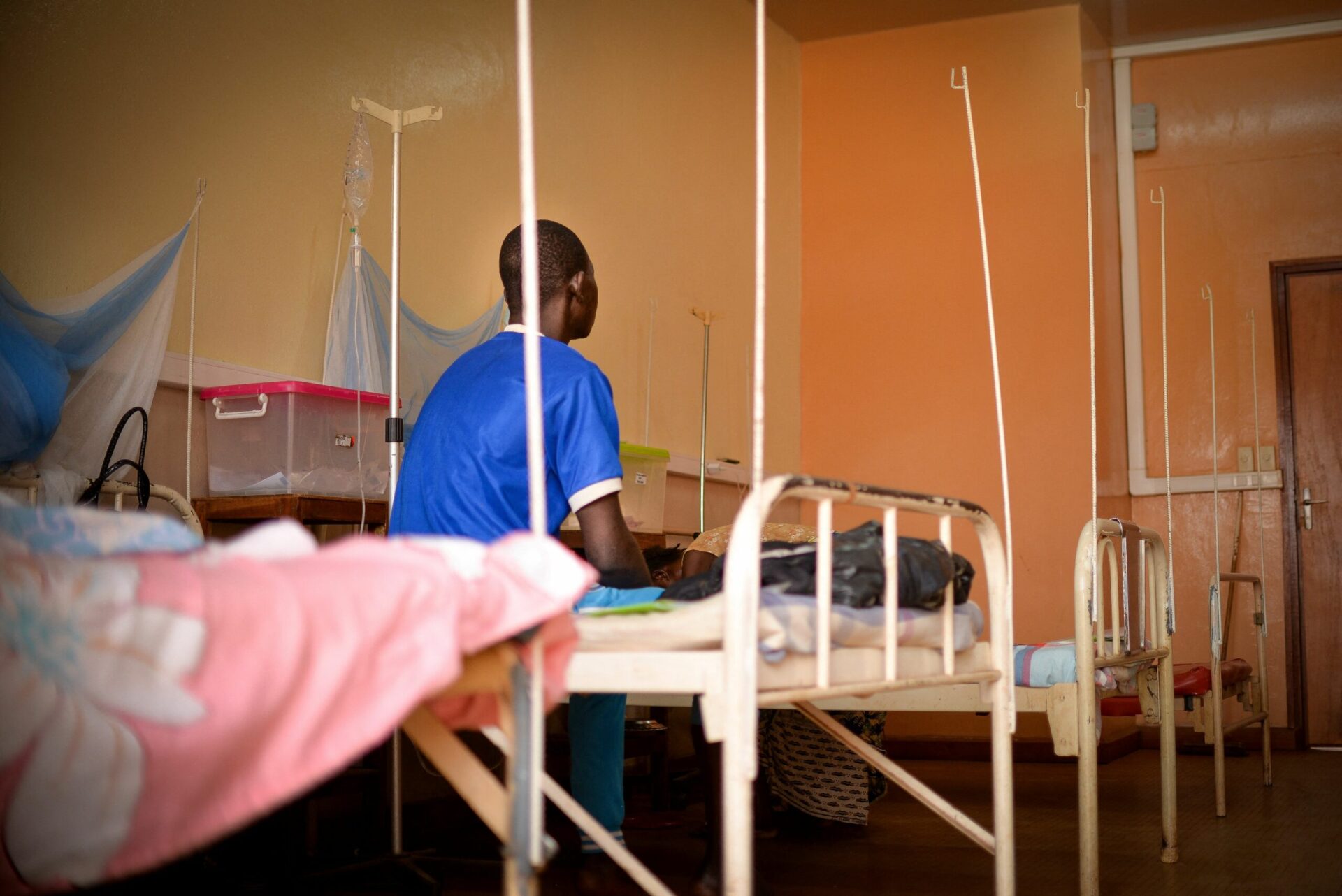In stunning news, the United Nations announced this week that the AIDS pandemic could end by 2030, The Hill reports.
In a report titled “The Path that Ends AIDS,” officials say AIDS could be done with if we follow certain political and financial guidelines.
“Some leaders are already following the path – and succeeding,” said UNAIDS Executive Director Winnie Byanyima. “The data and real-world examples in the report make it very clear what that path is. It is not a mystery.”
The plan is simple, according to the report: countries should be putting “people and communities first in their policies and programs.” Byanyima pointed out that the African nations of Botswana, Eswatini, Rwanda, the United Republic of Tanzania, and Zimbabwe have already reached a “95-95-95″ benchmark, which is defined as 95% of the people who are living with HIV know status, another 95% of the people who know they’re living with HIV are on treatment, and 95% of people who are on treatment are virally suppressed.
The UN found that successful HIV responses occur when they are supported by strong political leadership, including scientific data and evidence, addressing inequalities, promising funding, and “enabling communities and civil society organizations in their vital role in the response.” Eastern and southern Africa have proven that investing in HIV infection changes things: they have seen a 57% decrease in infections since 2010.
According to Fox News, there was a still an estimated 39 million people around the world living with HIV in 2022. If left untreated, HIV can grow into AIDS.
Another way to end the war on AIDS is to adopt non-discriminatory laws.
“These trends are due primarily to a lack of HIV prevention services for marginalized and key populations and the barriers posed by punitive laws and social discrimination,” the UN said. There has been a slight increase in new infection cases in Eastern Europe, central Asia, the Middle East, and North Africa, with countries holding strict discrimination laws, specifically against the LGBTQ+ community.
